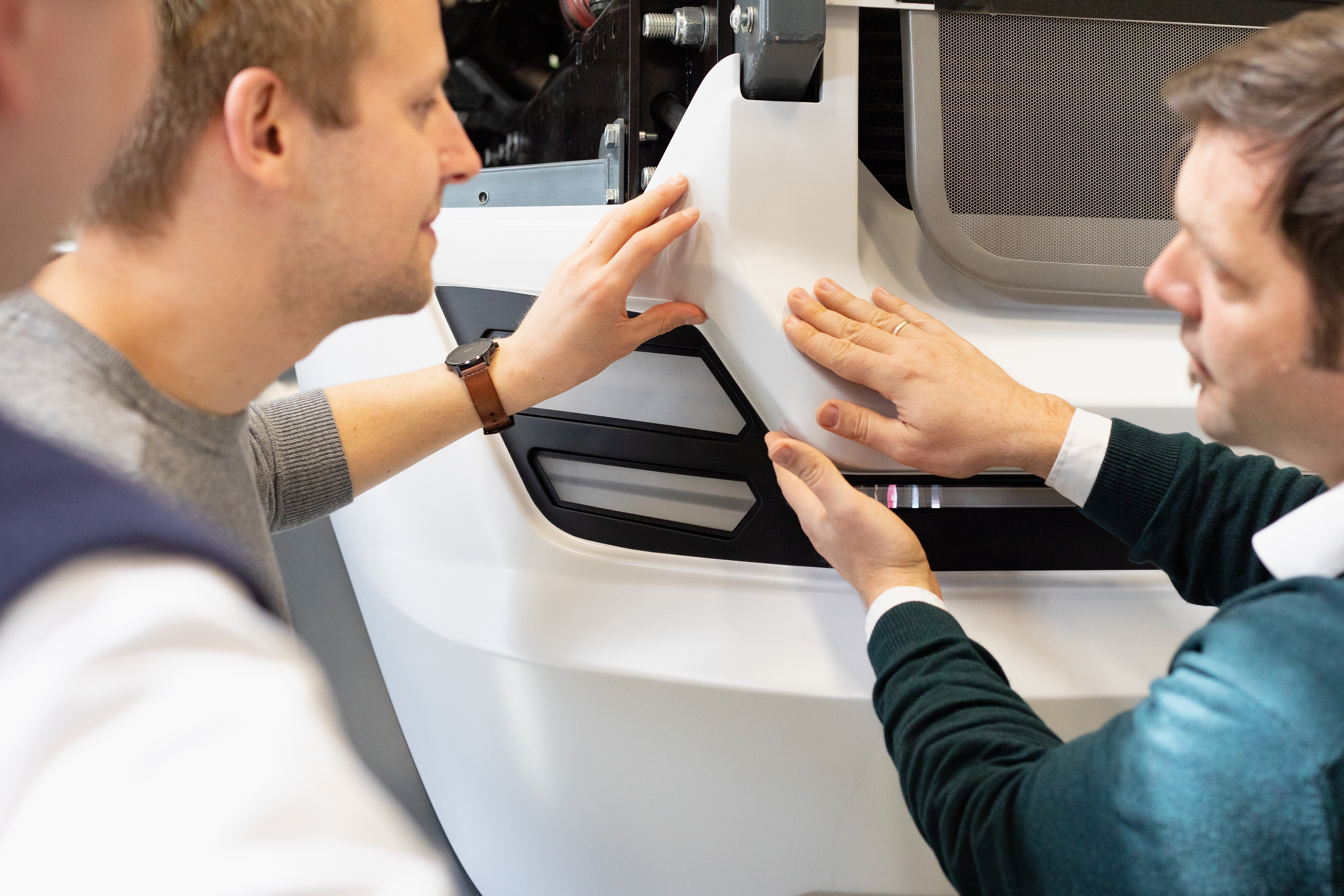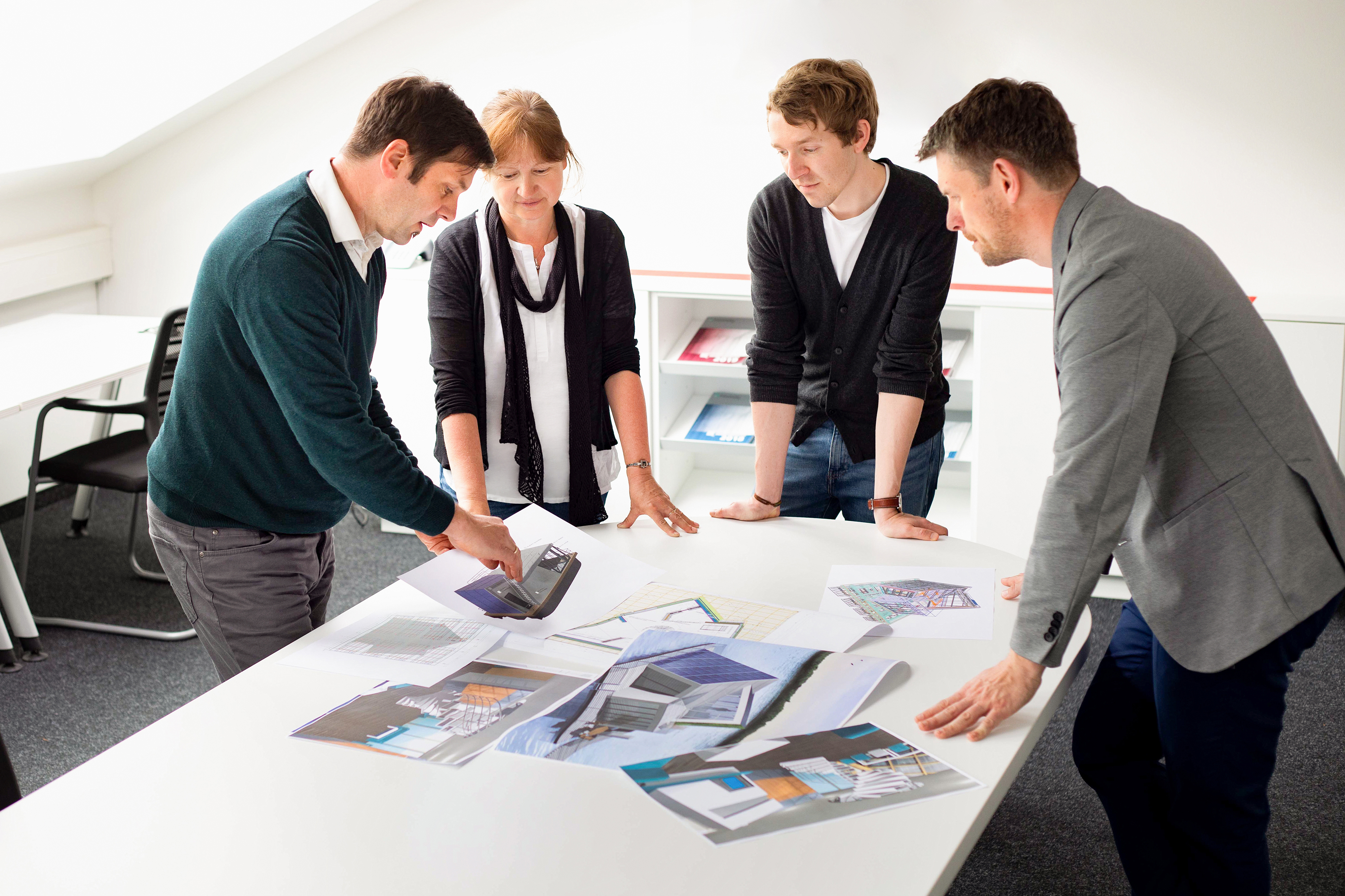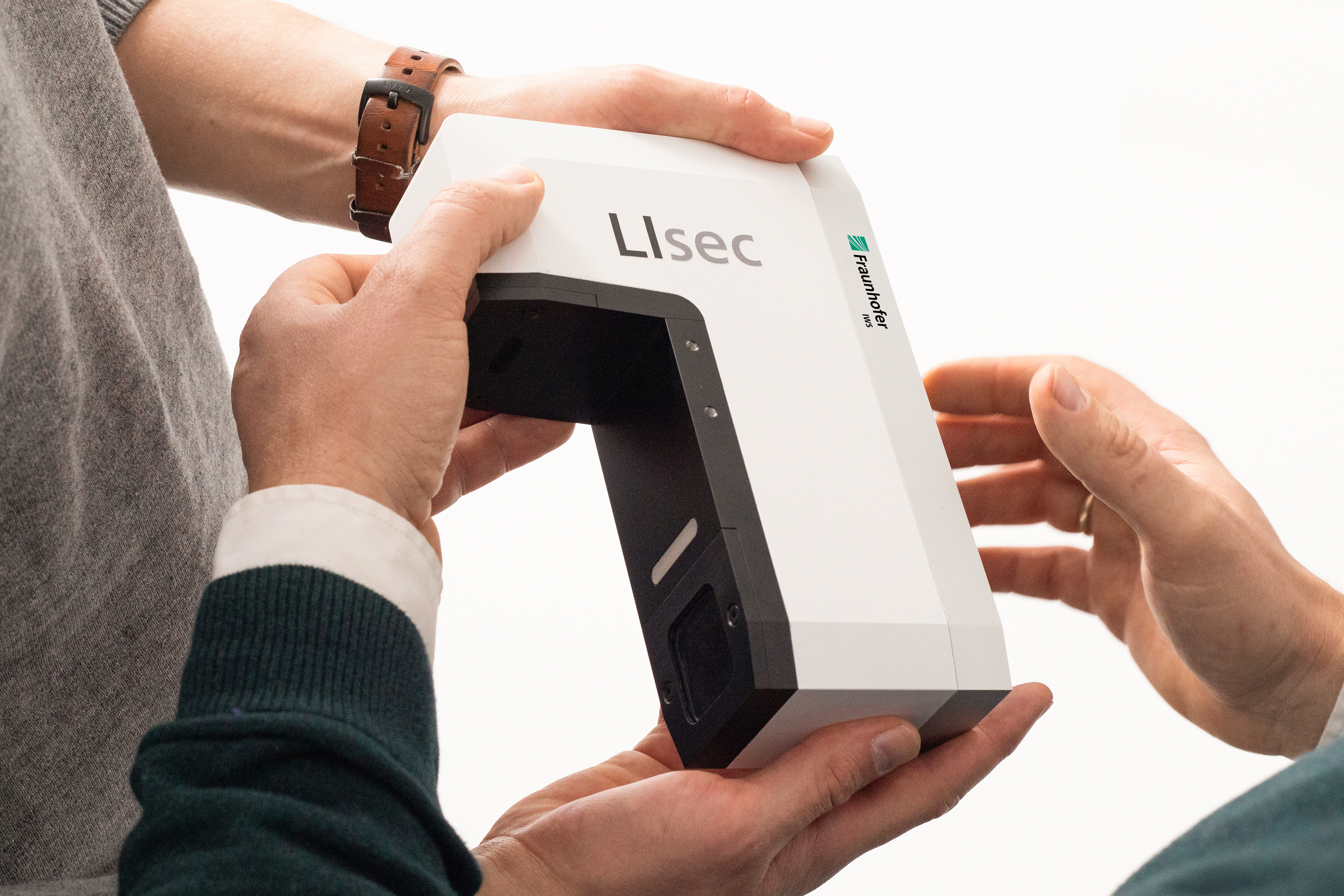Design in its various disciplines and manifestations is gaining increasing significance for research, especially at Fraunhofer. Used rather selectively in the past, it is progressively developing into an integral component of numerous projects and a major contributor to the success of research. By promoting and establishing design, Fraunhofer embraces current market trends and, in close cooperation with the University of Excellence TU Dresden, has founded the cooperative DesignLab. This endeavor supports the entire research process from the funding application to the transfer of research findings. It introduces methods and perspectives to significantly increase the application orientation and target group relevance of research.
With its Chair of Industrial Design Engineering, the Department for Speculative Transformation (DST) is an ideal partner for Fraunhofer with many years of experience at the interface between humans and technology. The chairholder, Prof. Jens Krzywinski, heads the DesignLab. “The development of user-oriented, innovative, comprehensive solutions underscores the technological maturity of research and contributes substantially to the transfer to a successful product,” he emphasized during the inauguration event held at the Fraunhofer Institute for Transportation and Infrastructure Systems IVI in Dresden. “A thorough understanding of design also creates added value in functional terms by focusing on the needs of users. It rounds out technological research and development by adding essential aspects to create competitive comprehensive solutions. A user-oriented design of operating elements and user interfaces strengthens usability and allows for efficient, safe operation.” In turn, the findings from practical development will flow directly back into theoretical research as a result of this close cooperation.
The agreement concluded by the three institutes Fraunhofer IVI, IWS and IWU with TU Dresden to establish the DesignLab for Applied Research opens up these options for all interested Fraunhofer institutes. It complements research projects that are specifically focused on technical feasibility with indispensable design aspects such as usability, ergonomics and reliability. Therefore, it helps to bridge the gap between technology maturity, user acceptance and functional added value. The DesignLab strengthens the existing close cooperation between university and extramural research and provides substantial advantages for the Fraunhofer-Gesellschaft, TU Dresden and their partners. The initial wide range of jointly developed design solutions was already introduced by the participating institutes during the inauguration through demonstrators and presentations. Further projects, including those addressing science visualization, are already being planned and implemented together with other Fraunhofer Institutes from all over Germany.
 Fraunhofer Institute for Material and Beam Technology IWS
Fraunhofer Institute for Material and Beam Technology IWS

